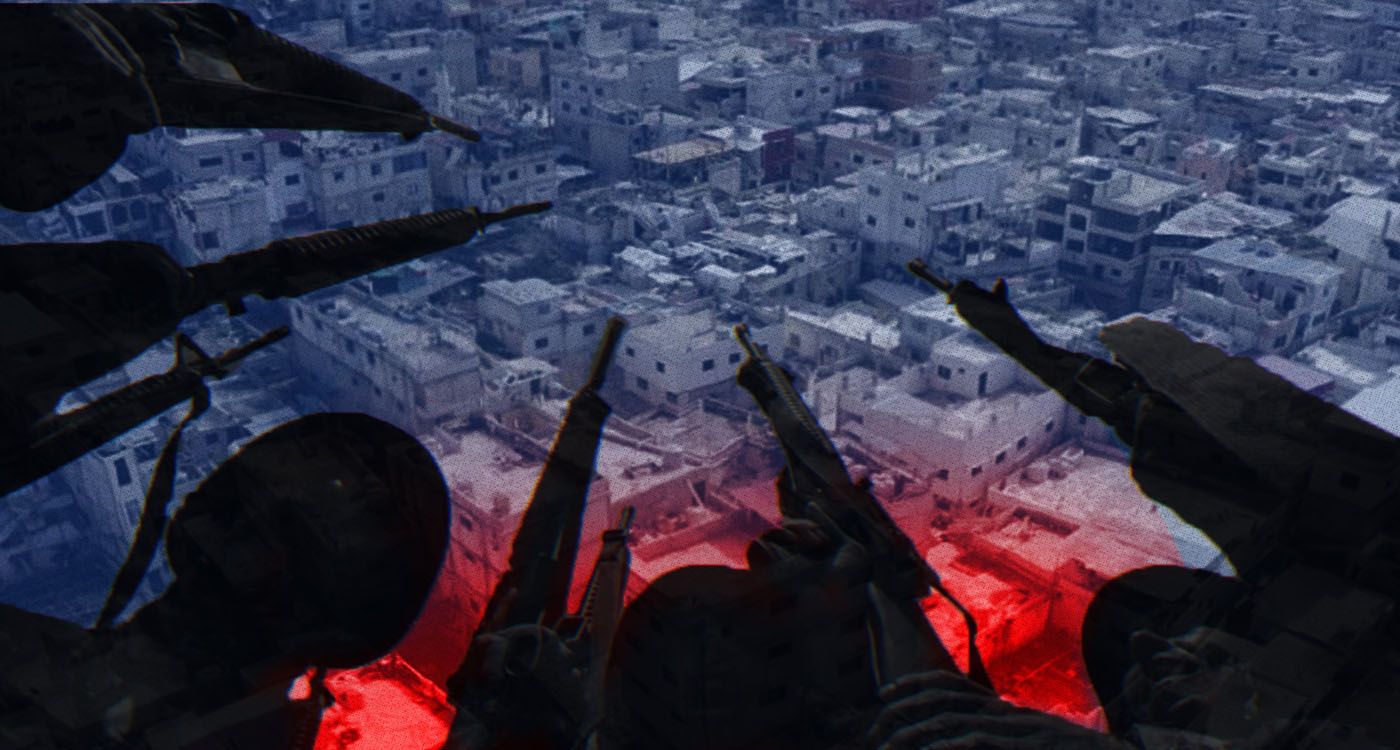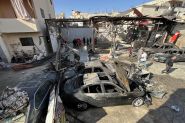
The killing of Elio Abou Hanna, a 24-year-old Lebanese man shot overnight Saturday to Sunday in Shatila by members of a Palestinian faction, has reignited a debate Lebanon has never truly resolved: a chronic issue of areas where the state no longer holds authority.
Elio was shot while sitting behind the wheel of his car. A camp official described the incident as a “tragic mistake” and acknowledged his men’s responsibility. That admission did little to ease the grief of the family or the anger across the country. In a nation long accustomed to impunity, many see this tragedy as the latest sign of a deeper problem: the weakening grip of the state over parts of Lebanon.
Calls for the disarmament of Palestinian factions quickly grew. Some are demanding that the army take firm control of the camps, while others advocate a gradual approach based on coordination and trust. The Shatila incident is far from an isolated case. It raises a fundamental question: how can a country allow, in the heart of its capital, enclaves where its sovereignty stops at the camp walls?
Enclaves Not Fully Integrated, Not Entirely Excluded
At first glance, Ain el-Helweh, near Saida, looks like any working-class neighborhood in Lebanon: narrow streets, crumbling buildings, shops spilling onto the sidewalks. But the moment you step into the camp, the tone changes.
“Here, the Lebanese state is a ghostly presence,” a military source told This is Beirut. Army patrols are rare, the police are almost absent, and the rules that govern daily life are not those of the Republic but those set by the Palestinian factions that have controlled the area for decades.
The camp is a maze of narrow streets, a closed-off world where survival is organized apart from the rest of the country. Justice, security, social services are all handled by an internal administration, including local committees, community patrols, and faction-run courts. The parallel economy thrives, and young people grow up knowing they belong to a state they never see.
Schools and clinics, often supported by non-governmental organizations, fill the gaps left by absent public institutions, underscoring the autonomous nature of these territories.
“Let’s be realistic,” the same source admits. “No army in the world can control every inch of its territory. In Lebanon, however, the problem is more serious. Some closed camps, like Ain el-Helweh, are inherently beyond any military control. The army simply does not enter the camp,” they add.
In other camps, known as open or semi-open, the army can intervene in the event of a major clash, but only after coordinating with the Palestinian committees to prevent wider violence. Such operations remain the exception rather than the rule, notes the military official interviewed by This is Beirut.
The Turning Point in Disarmament
This decades-long autonomy is now almost being challenged. In May 2025, an unprecedented agreement between President Joseph Aoun and Palestinian Authority President Mahmoud Abbas set the principle that the Lebanese state should have sole control over weapons, paving the way for the demilitarization of the Palestinian camps.
In early August, a first concrete step was taken: Palestinian factions began a symbolic handover of their weapons to the Lebanese army, starting with the Bourj el-Barajneh camp in Beirut and including Mar Elias and Shatila, as well as the Rashidiyeh, Bass, and Bourj Shemali camps in southern Lebanon.
The images made headlines around the world: soldiers escorting trucks loaded with rifles, ammunition, and grenades handed over by Palestinian fighters. The gesture was hailed as historic, though received with caution.
“Ain el-Helweh remains a special case,” a security source notes. “It is the only camp where armed groups still considered radical continue to operate.”
Factions close to Mahmoud Abbas have accepted the principle of disarmament, but others, including Hamas, have voiced reservations, emphasizing the need for a collective decision among all groups. In the camps, reactions are mixed: some view it as a step toward normalization, while others fear it could trigger a new cycle of internal tensions.
The Lebanese army, meanwhile, is cautious, following a strategy of smart security that emphasizes mediation and cooperation over military action. “Force is used only as a last resort,” a source familiar with the matter explains. Even so, this gradual approach raises a central question: what kind of sovereignty can a state claim if it does not control its entire territory?




Comments